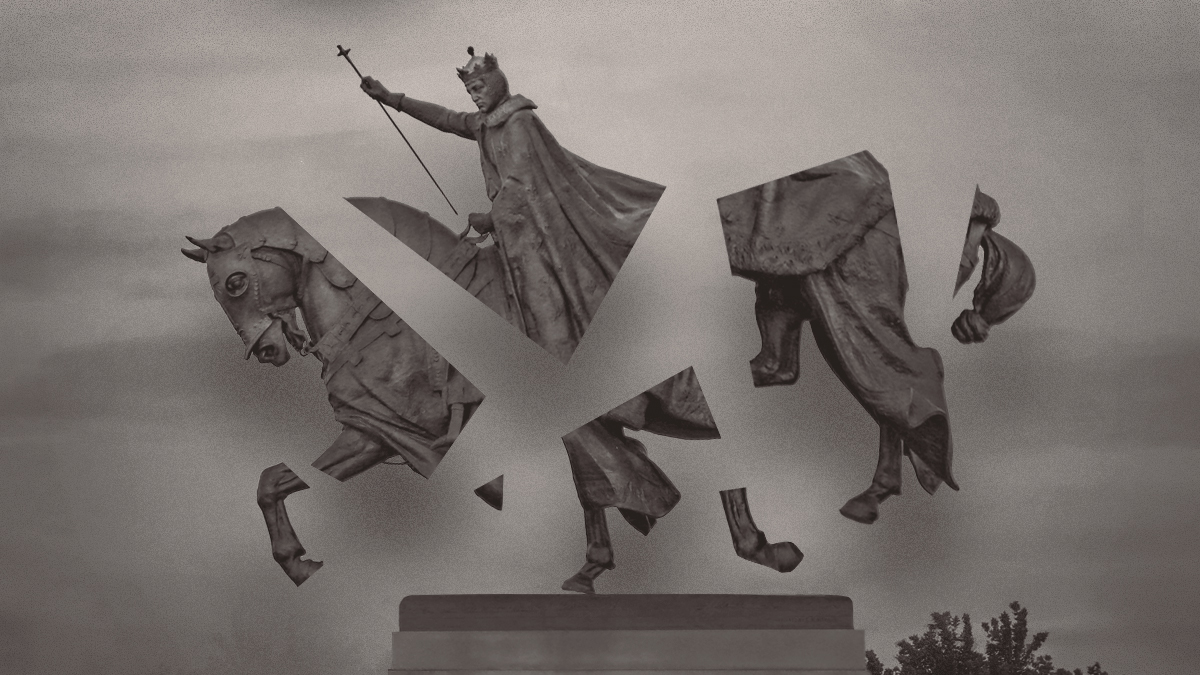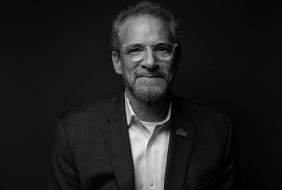This article originally appeared in the St. Louis Business Journal.
Among the challenges identified by readers of the St. Louis Business Journal in its AdvanceSTL series, our region’s poor national reputation, largely fueled by our high violent crime rates, was voted number one.
It’s been mentioned whether the problem of crime or the perception is worse. Regardless, our reputation as a crime-ridden region did not develop just recently. The St. Louis region has had a high crime rate for decades.
We need to recognize that short-term remedies and long-term solutions are very different things. In regards to crime, short-term solutions are hugely important, whether through policing, adopting new ideas from other cities like New Orleans to make our downtown area feel safer, or other remedies. These more immediate, short-term solutions are necessary for dealing with the challenges of right now, but they seldom translate into long-term change.
If we really want to address this issue, we need to realize this is not something we can PR or policy our way out of. If we’re serious about changing our reputation as a crime-ridden, rustbelt region with its best days behind it—a perception I believe is neither accurate nor fair—we have to do something much bigger than the majority of ideas being put on the table.
It’s Time to Address the Root Issue
Nearly all of the region’s biggest challenges identified by subscribers in the St. Louis Business Journal’s AdvanceSTL survey—from our troubling crime rates and poor national reputation to our difficulty in attracting and retaining talent—can be directly attributed to our high concentrations of poverty.
Our high concentrations of poverty within our under-resourced communities don’t just impact the poor. Our poverty and decline have an enormous impact on our entire region’s prosperity and well-being, reducing our region’s GDP, limiting the quality of our employment and talent base and creating a myriad of social challenges, such as crime, that harm our national image and make it much more difficult for St. Louis to compete with other regions for new talent and opportunities to drive our economic growth.
Ask anyone and you will find no shortage of good ideas to improve St. Louis. But many of these ideas are of a short-term or nice-to-have nature and are on the periphery of the target we need to focus on most. And focusing on that requires thinking bigger and long-term.
There has been so much progress in our region over the last several years with a lot of investment in the city and greater region. But as we’ve seen, old challenges die hard. Until we address the source of our challenges and do it far more effectively than we have in the past, we will continue to struggle with the same gridlock of progress and setback.
This is why Beyond Housing launched Once and for All, an effort to galvanize St. Louis to finally come together and address the source of our region’s challenges. The effort is focused within the 24:1 Community, an area comprised of multiple municipalities and more than 36,000 residents within the Normandy Schools footprint in north St. Louis County. For decades, this area has had the highest concentration of poverty within the Missouri side of the St. Louis region.
Proof of Concept: City of Pagedale
In 2010, Beyond Housing launched a comprehensive community development effort to reverse the years of decline in this critical area of our region’s geography.
Since then, more than $175 million has been raised and invested in the 24:1 Community. Seventeen local governments now collaborate to improve the quality and efficiency of public services, saving $1 million a year. More than $70 million has been invested in construction for housing and economic development. More than 350 affordable rental and homeownership homes have been created through new construction and rehabilitation. An additional 1,200 owner-occupied homes have been rehabbed throughout the community as well. We are providing holistic services to hundreds of families to help them achieve economic success, resulting in increased earnings and savings, reduced mobility and new homeowners.
If that weren’t enough, we’re also working with partners to transform the Normandie Golf Club into a premier course designed by one the greatest golfers of all time, Jack Nicklaus.
I say all this not to boast but to raise a point: There is nothing small about this effort. Everything about it is big and ambitious. There are only a small handful of community development efforts in the U.S. as extensive and comprehensive.
The size and scope of the effort are also why we are seeing real results.
In the city of Pagedale where we have built more than 100 new homes, rehabbed more than 200 homes, built a grocery store, movie theatre, healthcare facility, food hall and retail, we have seen the sales price of homes on per-square-foot basis go up more than 338% based upon MLS data over the last ten years. This significant increase has a positive impact on the tax base of the community. Municipal services are provided with greater quality and reduced cost. Investment in economic development and housing has transformed the physical environment, restoring pride and excitement among residents. The Midwest BankCentre location has $45 million in deposits—exceeding all expectation for this community. Fields Foods, a full-service grocer, is opening a new location in just a few short weeks. Thirty-six new homes will begin construction in the spring of this year.
And, according to the Pagedale Police Department, total crime has decreased 42% from 2013 to 2022. We firmly believe this significant reduction is the result of the concentration of resources in a targeted geography, driven by the voice of the community.
Each of these individual efforts has value on their own. But it’s the sum that creates real momentum and impact. None of which would be possible through short-term or small thinking.
Our model, which is wholly unique in community development, recognizes that people and communities have many needs that must be met to thrive. This is why so many single-focused efforts that only address housing, education, health or employment fail to produce meaningful results.
Once and for All was created to leverage the infrastructure and momentum we have built to achieve greater scale and impact for our region. It is big by design because we believe nothing less will provide the results our region needs. If that sounds daunting, consider this: Based on our experiences and similar efforts, strengthening just 20% of an under-resourced community and its residents is sufficient to create a self-sustaining momentum to help propel the remaining community toward greater prosperity. Not to mention, the greater region.
If we truly want to solve St. Louis’ challenges and move our region forward, the work in Pagedale and the 24:1 Community provides a perfect blueprint.
Problems and Reputations Aren’t Changed Overnight
We’re all impatient. We all want our region’s problems to be solved today, not tomorrow. That’s understandable given how long these same issues have persisted. That very persistence should be a neon sign telling us it’s time for a new approach.
Do we want to continue focusing primarily on the short-term, or do we want to make real progress—once and for all?
For more thoughts on moving our region forward, visit our St. Louis Business Journal content hub.
Once and for All is an effort to address the root sources of the St. Louis region’s challenges by investing in the most under-resourced communities to move all of St. Louis forward. It is led by Beyond Housing, a nationally recognized community development organization and utilizes an innovative model for creating lasting change.




